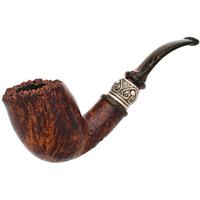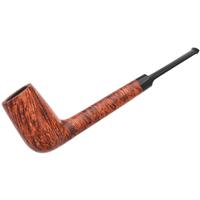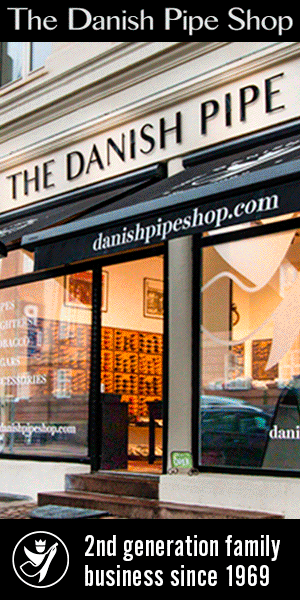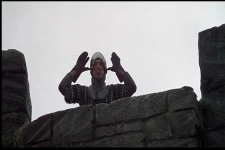Yes... nontheless the Anglican Communion still professes belief in 'The Holy Catholic Church" in the Creeds. The worshipper can of course interpret that privately as meaning the universal Church... Bavaria, I think, was officially Catholic until is subsumation into the German Reich in 1871.I think C.O.E. (We call its worldwide version "Anglican" in the US since it's also here in the form of the Episcopalian Church) counts as Protestant, not "Catholic" because it changed its theology strongly in a Protestant direction and also split from the "Catholic Church."
C.O.E., Methodists, and Lutheran are two of the closest Protestant Churches to the Catholic Church, although in different ways. With the C.O.E., a lot of ritual and importance of Holy Tradition is retained from Catholicism. But with Lutheranism, you get the continuation of the role of the supernatural more than in the C.O.E., particularly with the Lutheran belief in Christ's bodily objective direct presence in the Eucharist. I also get the impression that Lutheran communities got along better with the Catholics. Germany's princes made an arrangement where Germany's princedoms divided along religious lines instead of making Germany officially Protestant or Catholic.
Clearly different countries have good and bad practices, so you don't have to defend the bad ones. But you can either make those practices make sense or else give an insider perspective.
To give a US "insider" POV: Out of the 13 founding US colonies/states, 9 of them were founded by communities that faced religious repression by England: New England (6 "Reformed Prot." states), PA and southern NJ (Quakers), and Maryland (Catholics). So to a significant extent, emigration from England to find Religious Freedom is a founding part of the US narrative and national consciousness.
But as a teenager, I became alittle more skeptical about part of this narrative, namely, the extent to which New England's Protestant Reformed wanted religious freedom. They created a society in the Massachusetts colony that seemed more strictly theocratic than that of contemporary England because the 17th century MA colony hanged some Quakers, probably for openly professing Quakerism, a pacifist Protestant denomination. Then they had the Salem Witch trials. Nathanael Hawthorne wrote about this Puritanic period in New England history. So, the C.O.E. was repressive, but the New England Puritans were repressive too.
Lutherans, I know, believe in Consubstantiation and the Real Presence, whereas the official Anglican line - implicit in Cranmer's Book of Common Prayer - is receptionist; but the doctrine has always been kept deliberately vague, like Queen Elizabeth 1's answer to her sister Mary, who was (understandably) anxious for her sister's conversion:
"'Twas God the Word that spake it,
He took the bread and brake it;
And what the Word did make it;
That I believe, and take it."
My parish priest confided to me once that he really didn't care to think what most of his parishioners actually thought they were doing when they came up to receive Holy Communion, as he wasn't optimistic, and it doesn;'t do to ask too many searching questions, especially to 'cradle-Catholics').
Puritans, now: no sooner was the Presbyterian party in England in power, having all but won the Civil War, then in 1644 they decided to impose a universal order of service on the country ('The Directory For Public Worship'), which displaced the Book of Common Prayer until the monarchy was restored in 1660: just as in New England, those passionate advocates for freedom of religious worship, once in a position to, said you could have all the religious freedom you liked - as long as it was their own.
Now - to drag this back to having a retaliatory pop at Americans: the freedom of Native Americans to practice their ancestral religious beliefs was, I believe, not recognized in federal law until 1978. E=ven though those lads are Deists, like the Founding Fathers were. Tut, tut, is all I can say to that














 Jk
Jk